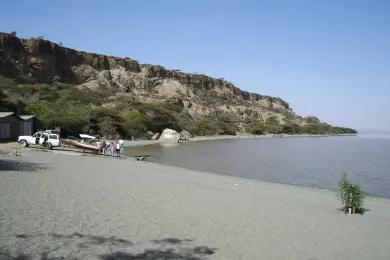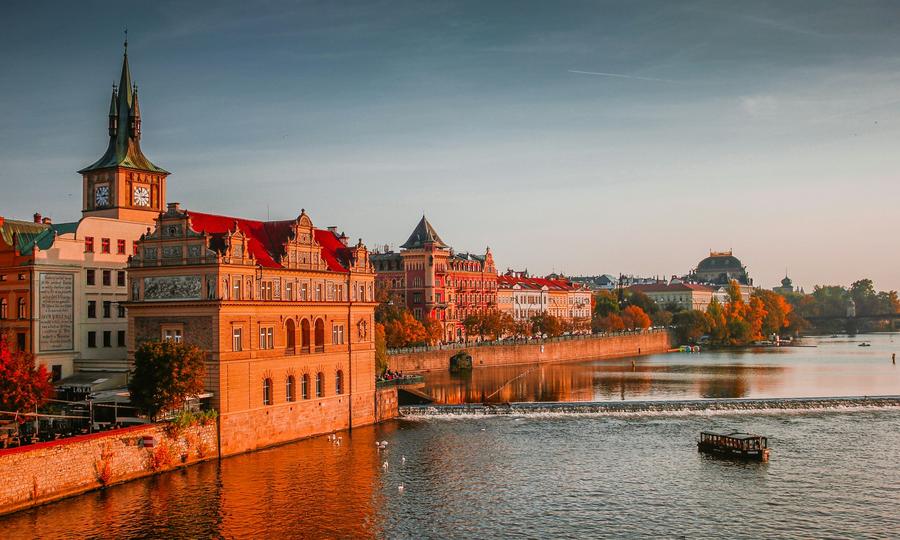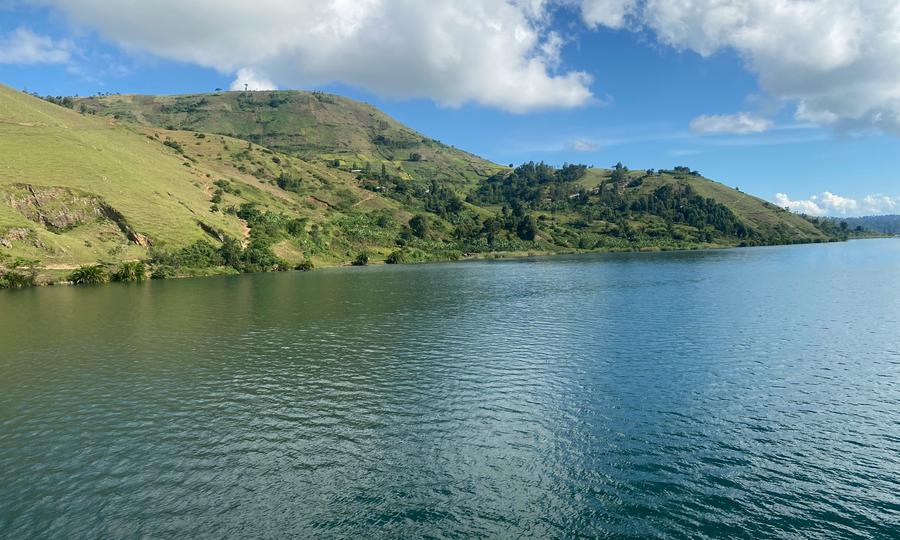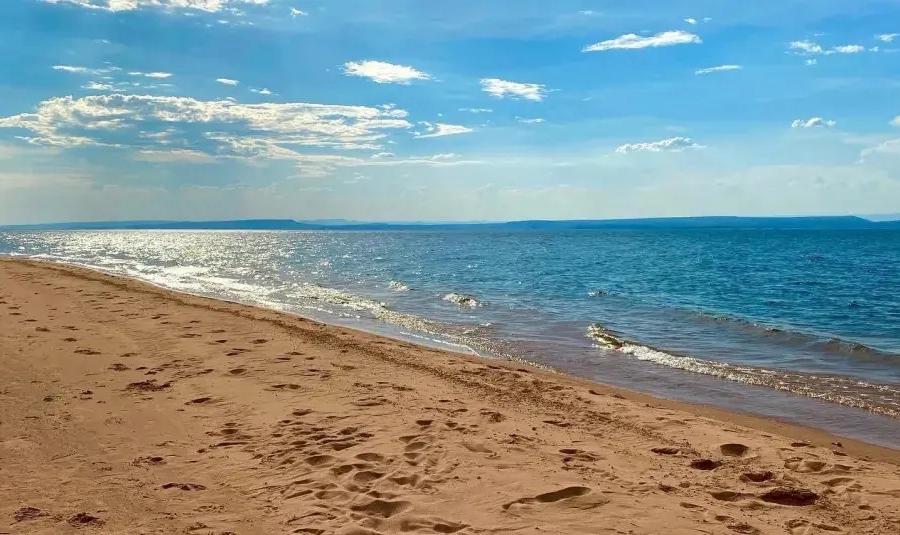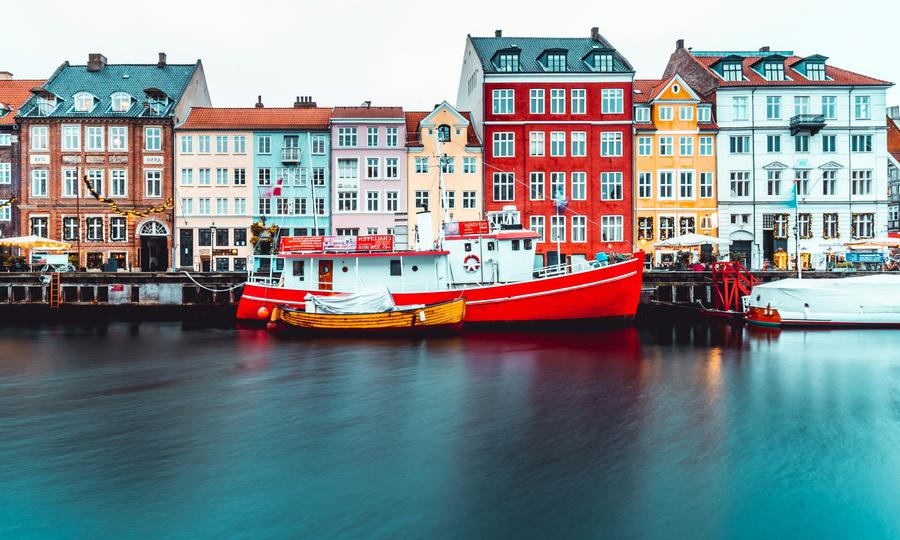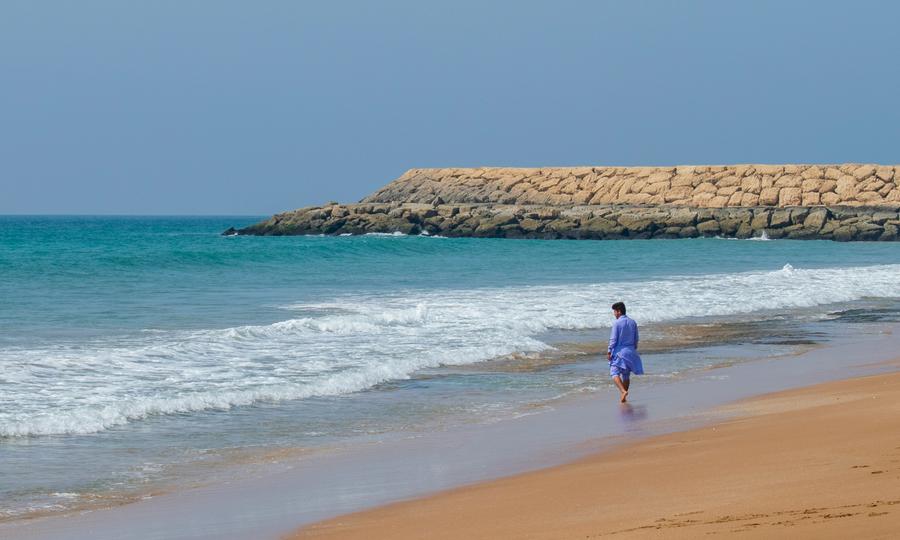Introduction
Ethiopia, a land of rich history, stunning landscapes, and diverse cultures, offers travelers an unforgettable experience. However, for those interested in naturism, it is essential to understand the country’s legal and cultural stance on nudity. Unlike some destinations where nudism is embraced, Ethiopia has strict laws and deeply rooted social norms that visitors must respect.
This guide provides a comprehensive overview of Ethiopia’s nudism laws, cultural perspectives, and travel advice for those seeking information on naturism in the country.

Are There Nudism Laws in Ethiopia?
Yes, Ethiopia has strict laws prohibiting public nudity. Engaging in nudist activities, whether in urban areas, rural settings, or beaches, can result in legal consequences, including fines or imprisonment. Under Ethiopian law, public indecency, including nudity, is considered an offense. Unlike some countries that have designated nudist beaches or private resorts catering to naturists, Ethiopia does not have any legal spaces for public or private nudism.
Legal Consequences of Public Nudity
- Fines and Penalties: Being caught engaging in public nudity can lead to fines or, in some cases, legal prosecution.
- Imprisonment: In extreme cases, individuals may face imprisonment for violating public decency laws.
- Deportation for Foreigners: Travelers found violating nudity laws may face deportation or restrictions on future visits to Ethiopia.
Due to these stringent regulations, visitors should always be aware of the local laws and adhere to the country’s dress code and social expectations.
Cultural Perspectives on Nudity in Ethiopia
While Ethiopia prohibits public nudity, some cultural practices involve partial nudity, especially in indigenous communities and traditional ceremonies. However, these practices are deeply ingrained in Ethiopian heritage and differ significantly from Western naturism.
Some indigenous groups in Ethiopia, such as the Hamar, Karo, and Mursi tribes, incorporate elements of partial nudity into their traditional attire. These customs are not linked to nudism as a lifestyle but are rather expressions of cultural identity and heritage (Travel Noir).
Visitors should approach these cultural aspects with respect and avoid assuming that traditional dress equates to acceptance of public nudity. Photography of local communities should always be done with permission, as many tribes view it as intrusive.
Are There Nude Beaches in Ethiopia?
Ethiopia is a landlocked country with no coastal beaches, meaning there are no opportunities for nude beach tourism. However, there are lakes, rivers, and natural hot springs where people can relax, though nudity is strictly prohibited.
Popular water destinations such as Lake Tana, Lake Ziway, and the hot springs in Sodere attract visitors, but travelers should always wear appropriate swimwear in these locations.
Can You Practice Naturism in Ethiopia?
Since Ethiopia does not have designated nudist areas or private resorts that allow naturism, visitors seeking a naturist experience will not find opportunities in the country. However, Ethiopia offers plenty of outdoor adventures that allow travelers to connect with nature in other ways.

Conclusion
Ethiopia is a country steeped in tradition, history, and breathtaking landscapes, but it is not a destination for nudism or naturist activities. Public nudity is strictly prohibited by law, and travelers who violate these laws may face serious consequences. While naturism is not permitted, Ethiopia offers a wealth of outdoor adventures, from hiking to cultural experiences, making it a rewarding destination for nature and history lovers. To ensure a respectful and enjoyable visit, travelers should always adhere to the country’s legal and cultural norms.

